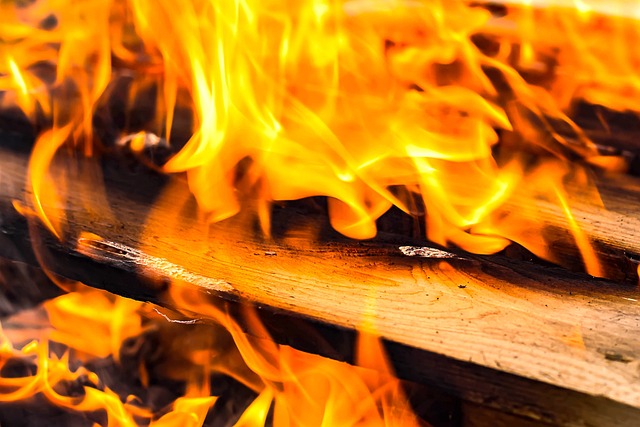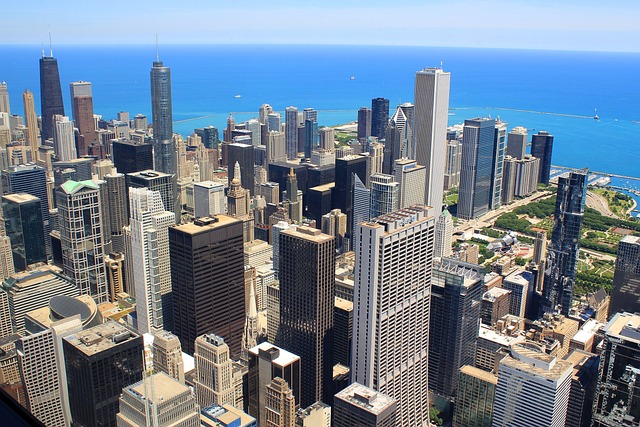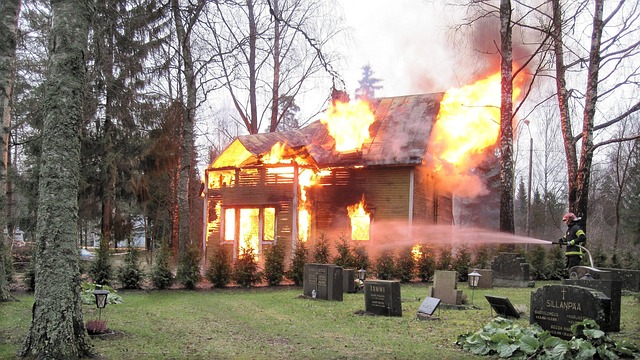Selling a house with fire damage in Chicago is feasible through professional assessment and strategic marketing. Homeowners should thoroughly inspect structural integrity, evaluate smoke/soot levels, and check for damaged systems to accurately determine repair needs and property value. Insurance coverage impacts valuation and recovery, so understanding policy terms is crucial. Engaging a real estate agent specializing in fire-damaged properties can guide repairs, market the home effectively, and showcase its potential to buyers in Chicago's competitive market.
“After a devastating fire, homeowners in Chicago often find themselves navigating complex property valuation processes. This article guides you through the intricate world of post-fire assessments in the city. We explore the key factors influencing property values, offering insights on identifying and documenting fire damage. Furthermore, we delve into the insurance aspect, explaining how policies can impact valuations. With strategies tailored to Chicago’s real estate market, learn how to effectively sell a house with fire damage, ensuring a successful transition.”
- Understanding Post-Fire Property Valuation in Chicago
- Assessing Fire Damage: What to Look For
- The Role of Insurance and Their Impact on Valuation
- Strategies for Selling a House with Fire Damage in Chicago
Understanding Post-Fire Property Valuation in Chicago
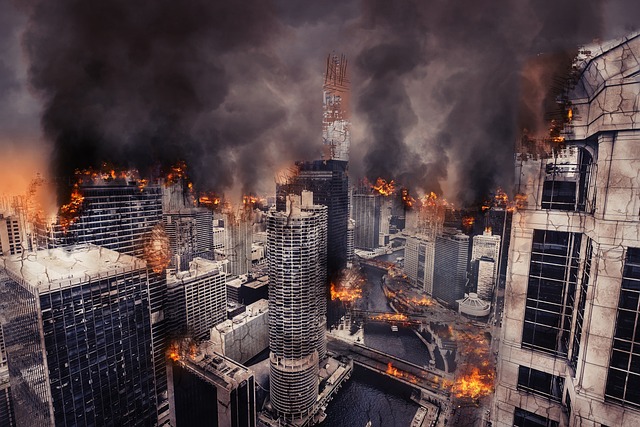
After a fire, property valuation in Chicago can be a complex process. Homeowners looking to sell a house with fire damage need to understand how this event impacts their property’s value. The impact isn’t always straightforward; it depends on various factors such as the extent of the damage, age and condition of the home, and the local real estate market trends.
Chicago’s robust real estate market means that even properties with fire damage can command strong prices if presented and marketed effectively. Professionals in post-fire property valuation assess these unique circumstances to determine a fair market value. This process involves meticulous inspection, taking into account not only visible repairs but also potential structural issues that may have been exacerbated by the fire. Understanding this nuanced approach is key for homeowners aiming to sell their damaged properties successfully in Chicago’s competitive real estate landscape.
Assessing Fire Damage: What to Look For

When assessing fire damage in a property, it’s crucial to inspect thoroughly for several key indicators. Start by evaluating structural integrity; check for cracks in walls, ceilings, or foundations that might suggest significant structural harm. Look out for visible charring or water damage, as these are common signs of fire exposure. Assess the extent of smoke and soot deposition, which can indicate the severity of the fire and its impact on indoor air quality.
Pay close attention to major appliances, electrical wiring, and plumbing systems. Fire damage can render these components unusable or even dangerous. Inspect for any signs of melting or charring on wires, as well as odours that may suggest the presence of hazardous materials. In the case of selling a house with fire damage Chicago, potential buyers will be keenly interested in the state of these critical elements, so ensuring they’re accurately assessed is paramount.
The Role of Insurance and Their Impact on Valuation
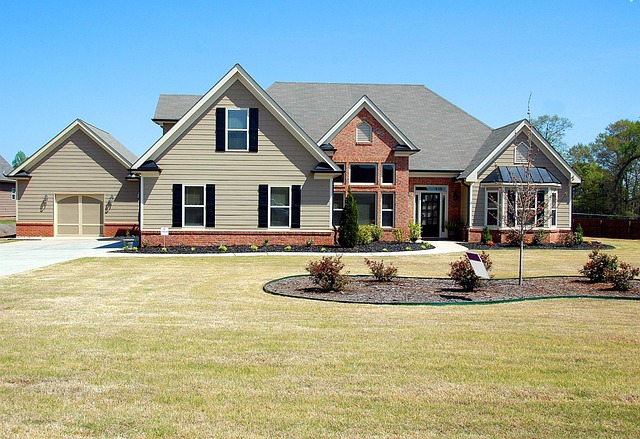
After a fire, property owners in Chicago often look to insurance as a primary resource for financial support and recovery. Insurance plays a pivotal role in post-fire property valuation by covering the cost of repairs or even rebuilding entirely. The extent of this coverage can significantly impact the final value assessment. When selling a house with fire damage Chicago residents should be aware that insurers typically conduct thorough inspections to determine the scope of loss, which may affect both the settlement amount and the subsequent valuation.
The insurance company’s evaluation process involves documenting the damage, estimating repair costs, and considering depreciation. These factors influence how much they settle for, and this information often finds its way into the property’s post-fire valuation report. Homeowners should understand their policy terms to ensure they receive a fair settlement that can positively contribute to the house’s re-sale value after repairs are made.
Strategies for Selling a House with Fire Damage in Chicago
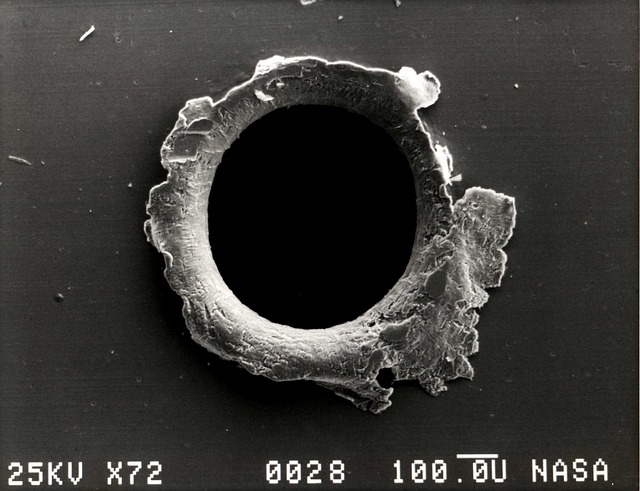
Selling a house with fire damage in Chicago can be a challenging process, but with the right strategies, it’s possible to navigate this difficult situation successfully. The first step is to assess the extent of the damage and determine if repairs are feasible or if reconstruction is required. It’s crucial to document all the affected areas thoroughly, taking before-and-after photos and keeping records of any communications with insurance providers.
Once the damage is assessed, engage a reputable real estate agent who has experience in dealing with fire-damaged properties. They can offer valuable insights on market trends and help set realistic expectations for selling. The agent will also guide you through the process of repairing or rebuilding, ensuring that your home meets Chicago’s safety codes and increases its resale value. Additionally, they can assist in marketing your property effectively, highlighting any positive aspects and emphasizing the potential for a fresh start.
Post-fire property valuation in Chicago requires a nuanced approach that considers both structural damage and emotional impact. By understanding the assessment process, insurance implications, and effective selling strategies, homeowners can navigate the challenges of selling a house with fire damage in Chicago. With the right information, it’s possible to secure a fair sale and move forward from this challenging experience. Remember, when it comes to selling a house with fire damage Chicago has its unique dynamics, but with knowledge and the right approach, you can transform a setback into a successful transition.

